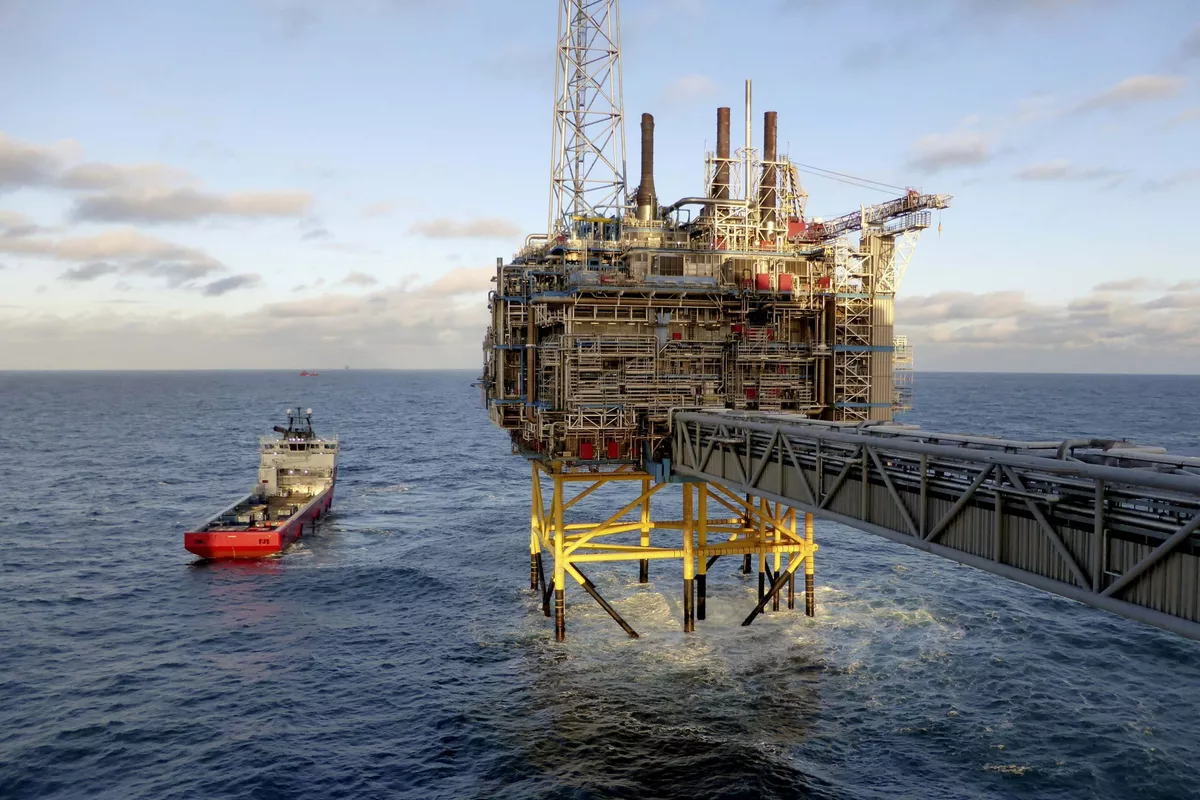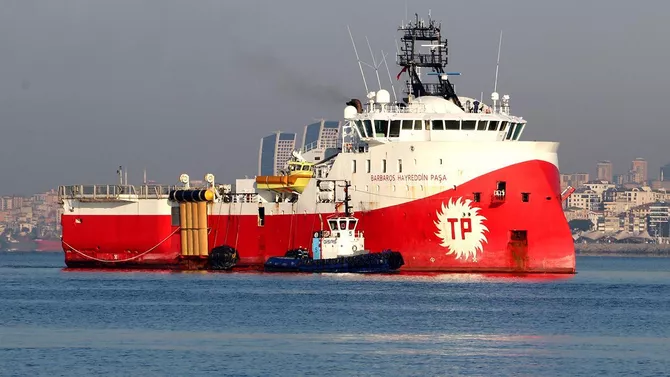
Photo credit: tovima.com
In a surprise move that could reshape the geopolitical landscape of the Eastern Mediterranean, Türkiye and Libya have signed a memorandum of understanding on offshore oil exploration.
While Ankara frames the agreement as a step toward regional energy cooperation and Libya sees it as a lifeline for its struggling economy, Greece is ringing alarm bells-seeing the deal as an outright provocation and a threat to its national interests.
The agreement, signed in Istanbul between Libya’s National Oil Corporation (NOC) and Türkiye’s state-run Turkish Petroleum Corporation (TPAO), allows Turkish geophysical teams to carry out seismic surveys across 10,000 square kilometers of maritime territory. The catch? The designated area lies just south of the disputed maritime boundary between Libya and Greece-waters both nations lay claim to under competing interpretations of international maritime law.

Photo credit: The Libya Observer
For Türkiye, the agreement is a continuation of its Eastern Mediterranean energy strategy, which has been aggressively pursued since 2019 through bilateral deals with Libya’s UN-recognized Government of National Unity (GNU). Backed by diplomatic legitimacy and military support, Ankara is expanding its influence in the region one energy pact at a time. For Libya, torn by civil war and struggling with economic fragmentation, the deal could provide a much-needed boost to oil production and budget revenues-if it can navigate the political minefield at home.
But this partnership is not without its hazards.
Tensions within Libya remain high. In May, gunmen linked to rival factions stormed NOC headquarters in Tripoli, demanding salaries and security posts. The incident-reported by Bloomberg-was a stark reminder that Libya’s oil wealth remains a contested prize in an ongoing power struggle. Khalifa Haftar’s eastern government continues to argue that its region receives an unfair share of oil revenues, and has even threatened to halt production in protest. At present, Libya produces nearly 1.3 million barrels of oil per day, with most of it exported. The stakes are enormous: oil accounts for 60% of the country's GDP, 94% of exports, and 97% of government revenue, according to 2023 data.
Greece, meanwhile, sees the new Türkiye-Libya deal as a dangerous escalation. Athens has long rejected Türkiye’s maritime claims in the region, especially since the controversial 2019 maritime accord between Ankara and Tripoli. Greek officials argue that the latest agreement violates their sovereign rights and undermines international law. The anxiety is further fueled by reports that U.S. energy giant Chevron has expressed interest in oil fields south of Crete-an area Greece views as part of its exclusive economic zone.
This is where energy competition begins to take on military overtones. Greek media have drawn comparisons to the controversial 2019 maritime accord between Ankara and Tripoli. over Cyprus, when Athens was forced to abandon plans to expand its territorial waters. Today, strategic concerns are once again mounting. “Even if Türkiye decides to back Libya militarily-let them try,” one Greek editorial warned last week. “Greece must act decisively. The region offers operational advantages we must leverage.”
Indeed, the timing of the deal suggests more than just economic ambition. Türkiye is not only asserting its role as a regional energy player, but also sending a clear political message: it will not be sidelined in the Mediterranean. While some in Europe focus on diversifying energy sources away from Russia, Türkiye is quietly positioning itself as a central actor in reshaping the future of energy in the region-through both diplomacy and strategic risk.

AA photo
Libya, for its part, is trying to rise from the ashes of conflict. Once the richest country in Africa thanks to oil, it now faces a fragmented political system and an economy in urgent need of reconstruction. The goal of reaching 2 million barrels of daily production by 2027 may seem ambitious, but agreements like this one with Türkiye-and earlier with Italy’s Eni-offer a path forward, provided stability can be restored.
Yet the larger question remains: Can such deals contribute to peace, or will they further inflame old rivalries?
With every new signature and seismic survey, the Eastern Mediterranean becomes not just a battleground for hydrocarbons-but for sovereignty, influence, and national identity. The Türkiye-Libya deal is more than a business transaction; it’s a geopolitical statement. What happens next will depend on how Greece responds-not just with words, but with policy and presence.
By Tural Heybatov
Share on social media
